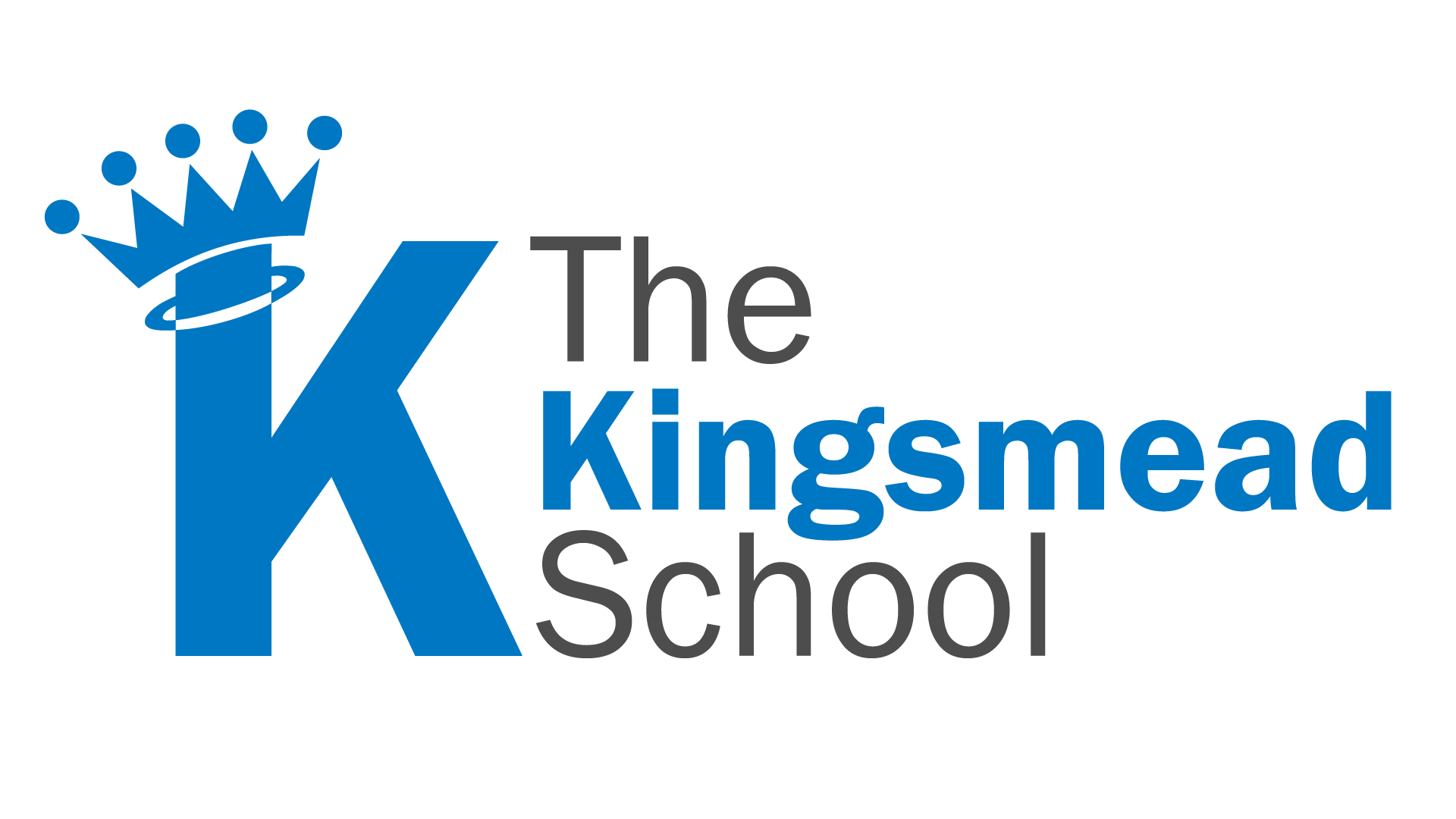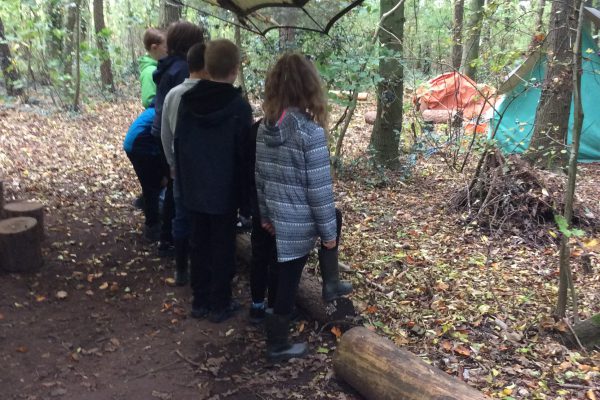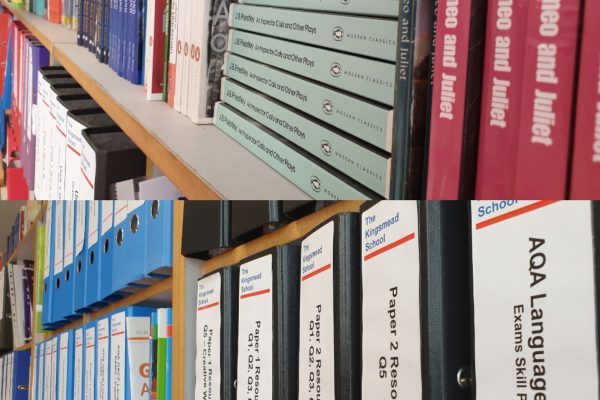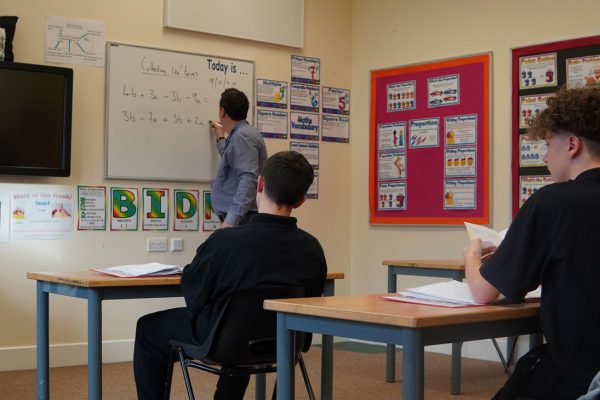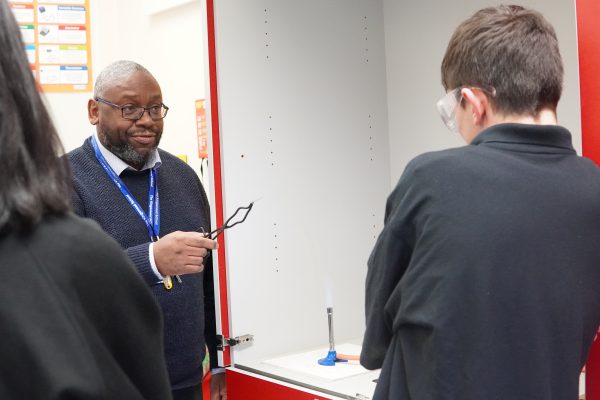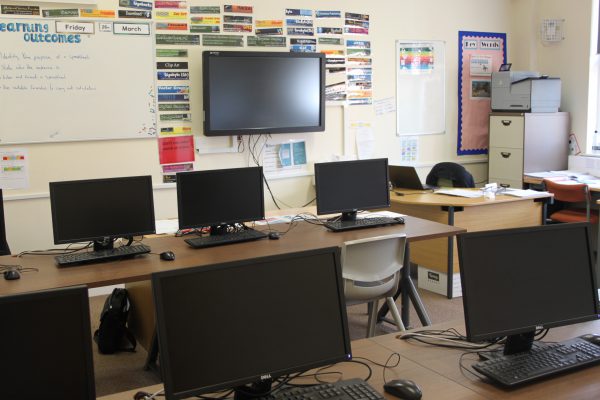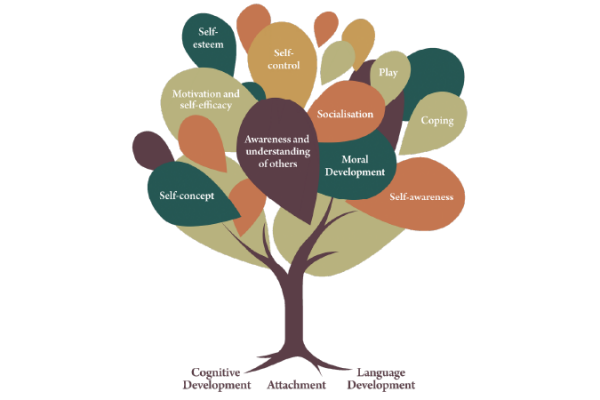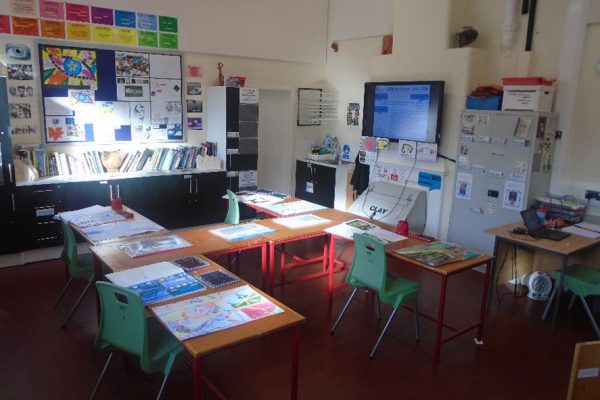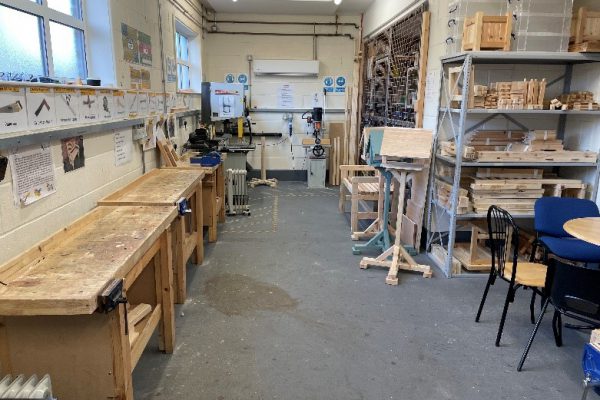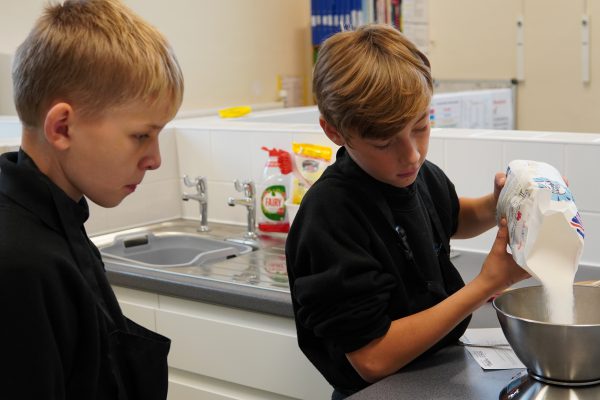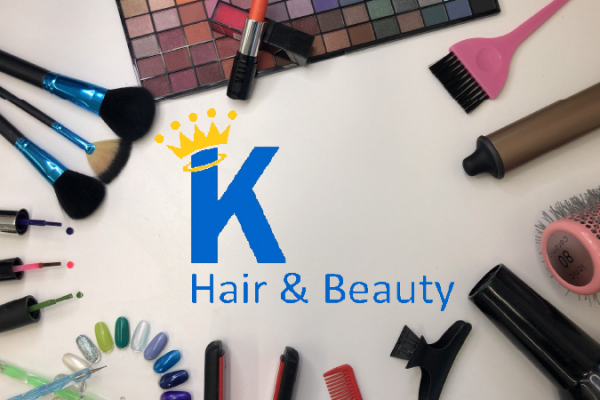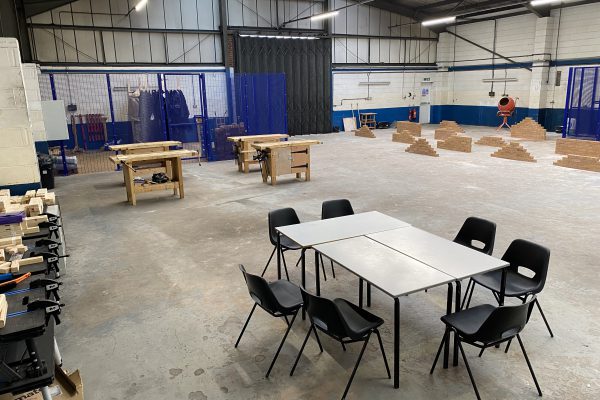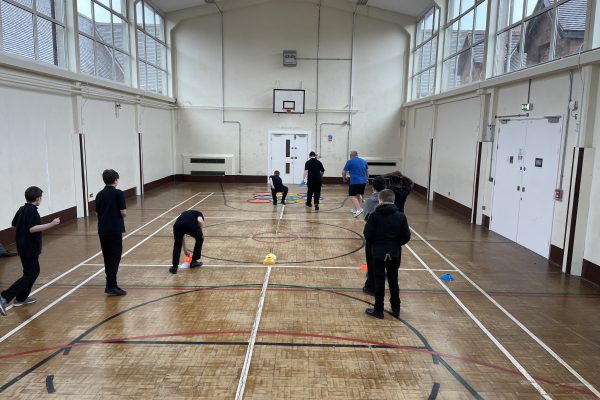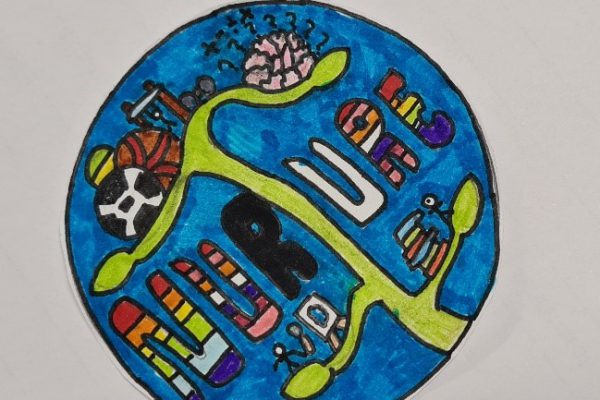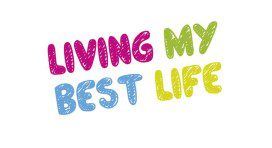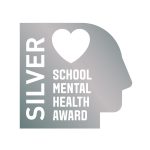Secondary Curriculum
Kingsmead Curriculum
Guiding Principles:
Kingsmead School offers an engaging curriculum designed to
inspire and challenge our pupils to make outstanding progress in aspects of
their life and learning.
Pupils will follow the National Curriculum but the approach
will be enquiry and nurture based, with a strong emphasis on the development of
social and emotional awareness, resilience and self regulation
Kingsmead recognises that we are preparing our pupils to live
in a diverse and rapidly changing World where the skills of independence and self
regulation will be key to future success. Alongside our academic curriculum, we
believe in ensuring our pupils have a broad range of ‘life’ skills and cultural
experiences. Alongside knowledge of how to keep themselves safe including sex
and relationships education. There is a strong emphasis on developing literacy and
British values, as well as the identification of core competences related to
the world of work. Pupils will also be
given opportunity to acquire and expand a broad range of social and emotional
tools to build and shape their character.
This is achieved via a range of activities linked to developing a wider
and deeper understanding of themselves and the world they live in.
We foster a love of reading provide pupils with opportunity
to develop and articulate their opinions in a forum designed to demand deeper
thinking and questioning, in order to equip our pupils with the skills needed
to respond positively to the demands of a dynamic and diverse society. We want
our pupils to be positively challenged to think about why they are learning, as
well as what they are learning.
Pupils will undertake recognised assessments and gain
nationally-recognised qualifications at the end of key stage 4. Where pupils
are significantly below age-related expectations, the core disciplines of
English and mathematics will be prioritised in their timetable until they have
“closed the gap”. The identification of pupils who will benefit from such a
strategy will begin during the primary school transition programme and
Kingsmead induction and will be supplemented with baseline testing once the pupil
has joined the school.
The core aims:
·
to provide pupils with the requisite skills,
knowledge, qualifications and experience to make aspirational assessments of
their post 16 options and make positive next steps post Kingsmead
·
to provide a safe space for pupils to better
understand themselves and develop their resilience, confidence and sense of
personal responsibility
·
To maximise the individual’s potential developing
communication skills, sensory capabilities and personal independence
·
To be characterised by breadth, balance, relevance,
differentiation, progression and continuity that is suited to the needs within
each school
·
To reflect teaching approaches and methods which
best enhance the individual pupil’s ability to learn and to be delivered at a
level and rate suited to the age and learning ability of each individual pupil
·
To take full account of each child’s Education,
Health and Care Plan (EHCP). This may require specific modifications of, or
dis-applications from, various National Curriculum requirements
·
To promote the spiritual, moral, cultural, mental
and physical development of pupils at the school, and within society
·
To provide a stimulating learning environment which
promotes effective learning and enables pupils to experience a sense of
enjoyment and achievement throughout their school career
·
To encourage pupils to recognise, record and
celebrate positive achievements in all areas of personal, educational and
community life
·
To regularly and consistently record each child’s
progress using appropriate methods of formative and summative assessment
·
To ensure equality of opportunity regardless of
gender, race, culture, religion, social disadvantage or disability
·
To be monitored, evaluated, modified and revised as
necessary, reflecting changes in cohorts and developments identified in the
School Improvement Plans
Special School
Pupils follow the National
Curriculums for KS3 and KS4. Teachers should build on the knowledge and
skills that pupils have been taught at Key Stages 1 and 2, so where gaps in
knowledge and skills are identified, pupils will always be given opportunity
and time to revisit these, as appropriate, across all subjects. Interventions
may be used to meet need and this supports all pupils in achieving outcomes in
Key Stage 4. We have a strong focus on our nurture
curriculum which is designed to support pupils through a holistic approach in
bridging previous learning gaps in a nurturing environment. Through the use of
a topic based curriculum designed to engage and enthuse pupils there is a
strong emphasis on knowledge acquisition, cross-curricular learning and
development of social and emotional resilience and critical thinking skills. An
evolving KS4 pathway will also look to including further work on emotional
regulation, metacognitive strategies, life skills, school engagement and skills
for building positive relationships while working towards ASDAN outcomes in
PSD: further enhancing the offer and the nurture curriculum as a vehicle to
support pupils in working towards accessing a traditional core curriculum in
key stage 4 and beyond.
As part of the core curriculum,
pupils in key stage 4 work towards appropriate qualifications in English
Language, English Literature, Maths, Science and ICT. Pupils are provided with opportunity to shape
their learning by pursuing qualifications in our “options” subjects which
include Design Technology, Sport, Food and Art.
There is also a strong focus on careers and guidance to ensure all
pupils get the support they need to make the necessary steps into the next
phases of their education/employment.
|
Pathway |
Core |
Nurture |
Hybrid |
|
Pupils |
Pupils
with higher levels of social/emotional resilience and confident independent
learners |
Higher
levels of learning anxiety, low levels self-awareness/emotional regulation, complex
SEMH often co-morbid with other areas of SEN |
Blend
of nurture and core pupils where elements of nurture support are still
required to facilitate engagement and meet SEMH need. |
|
Statutory Content/Accredited Courses |
National
Curriculum. GCSE/Level 2
qualifications |
National
Curriculum. Entry level qualifications
up to Level 2 (shaped by individual needs of pupils) |
National
Curriculum. GCSE/Level 2
qualifications |
PRU
Pupils who are able to
attend a mainstream school will undergo a short-term programme that focuses on
preparing an appropriate mindset to support re-integration into another
mainstream school and mitigate against large gaps in learning and development.
For pupils requiring longer term intervention or for those that are unable to
return to mainstream the focus will be on re-engagement in education and
rapidly identifying and bridging gaps in learning. Due to the atypical admission points and
often historically disrupted learning the curriculum offer is focused around
preparing pupils for their next steps in education or employment. Typically a
core curriculum will be followed, with accredited qualifications being
attained.
Students with English as a
second language will undergo a language and skills acquisition programme with
TFEL trained teachers. From here, students will either enter a pathway with a
more nurtured approach to learning, similar to the Special School or enter the
core curriculum pathway.
|
Pathway |
Transition to
employment |
Preparation for
independence |
Nurture |
Language
Acquisition |
|
Pupils |
Pupils able to cope with greater learning/social demands |
Pupils with large gaps in learning, learning anxiety, SEN
needs not identified |
Low literacy levels, SEN needs not been identified, learning anxiety |
Pupils with low language acquisition/functional literacy |
|
Statutory
Content/Accredited Courses |
National Curriculum.
GCSE/Level 2 qualifications |
National Curriculum.
Entry level qualifications up to Level 1 |
National Curriculum.
Entry level qualifications up to Level 2 (shaped by individual needs
of pupils) |
National Curriculum.
Entry level qualifications up to Level |
Hospital Medical (Castle)
The Castle Education
Centre is used for young people who are unable to attend school for medical
reasons and are referred by their mainstream school or via the Local Authority
SEND team with an EHCP or a draft EHCP. Pupils often follow a more bespoke
learning pathway that reflects and supports young people with specific medical
needs. There is a core learning offer of Maths, English, Science,
Humanities, Art PHSE and ICT where pupils work towards nationally recognised
qualifications in these subjects. All pupils also receive alternative provision
engagement opportunities within their timetables, some of which allow them to
progress towards a level 1 qualification. The school maintain strong
links with the medical, SEND and educational professionals who are supporting
the young people to ensure there is an integrated approach to providing a rich
and relevant learning experience that supports pupil transition back into a
mainstream setting or into post 16.
|
Pathway |
Core |
Bespoke |
Hospital Ward |
|
Pupils |
Pupils with social/emotional resilience and confident
independent learners |
Pupils who are too ill to attend learning on site and need
to re-engage with the education system |
Pupils who are in hospital for prolonged periods of time |
|
Statutory
Content/Accredited Courses |
National Curriculum.
GCSE/Level 2 qualifications |
National Curriculum.
GCSE/Level 2 qualifications |
Online provision monitored by Castle staff and set by their
home school |
Personalised
Programmes/Gateway
Personalised
Programmes is a pathway that is made available for Kingsmead’s most vulnerable
and educationally dis-enfranchised pupils.
All pupils on this pathway have been unsuccessful on accessing other
educational settings in Derby, most have EHCPs and is part of our Special
School function, many are LAC, many are subject to Child Criminal Exploitation
and most have current or recent involvement with Youth Offending Services. All pupils are considered educationally and
socially vulnerable.
The
personalised programme curriculum is shaped to ensure the learning offer is
accessible and engaging whilst still being ambitious. We aim to inspire and challenge our pupils to
learn and progress in all aspects of their life and learning. Working towards
the National Curriculum will be prioritised in core/facilitating subjects such
as English, maths, science and ICT. Pupils
within Personalised Programmes have experienced significant interruption to
their education. In response, the
curriculum focuses on identifying and addressing these gaps so that pupils have
the knowledge, understanding and skills to make informed choices and ultimately
succeed in their next stage of learning.
Personalisation
is central to the success of this curriculum.
The overall ‘packages’ that are put together for pupils are
individualised and based on the needs, ability and circumstances of each pupil. Whilst very few packages look the same or are
delivered in the same way – all pupils within Personalised Programmes study a
‘core offer’. This constitutes English,
maths, science, ICT and PSHCE.
Additional learning and development opportunities stem from this
offer. These range from therapeutic
placements to help address emotional trauma to technical and vocational
placements to provide a gateway to a potential future career.
Gateway is an
assessment process, which is responsive to the referral route and used to
enable readjustment time for pupils who may have had changes to school setting.
The assessment process collates information about academic ability, readiness
for learning and new or emerging needs. Following time in the Gateway, informed
decisions will be made and pupils will transition into the next most
appropriate setting. This may be Specialist setting, PRU or mainstream.
The Gateway
will provide a detailed analysis of the pupil through assessments and analysis
of emerging needs to establish the transition route to the most suitable follow
on phase of education. The Gateway assessment process will run concurrently
with sustaining the most appropriate learning and school experience for the
pupils needs at the time.
|
Pathway |
“day 6” Assessment and
re-integration |
Gateway SEND or
Non-SEND |
Personalised
Programmes SEND With an EHCP |
Personalised
Programmes Non-EHCP
|
|
Pupils |
Pupils recently excluded and Pupils new to Derby |
Pupils referred from SPP/IYFA, Fresh start+, SEN, F/T AP |
Pupils can be allocated a place by consultation within
Personalised Programmes |
Pupils can be allocated a place from SPP/IYFA/Fresh start+ |
|
Statutory
Content/Accredited Courses |
National Curriculum, shaped by individual
needs/presentation of pupils |
National Curriculum topic based curriculum adapted by
individual need |
National Curriculum at Entry Level, Functional Skill and/or
GCSE, AP personalised by individual interest |
National Curriculum at Entry Level, Functional Skill and/or
GCSE, AP personalised by individual interest |
Reading and Intervention
All members of staff understand the importance of reading,
across all subjects. The Kingsmead
School is committed to improving the life chances of our students by
continually developing their literacy skills. The closer we can bridge the gaps
between reading ages and chronological ages – the better the outcomes for
students with their time with us. Regular reading sessions take place every week, including
‘D.E.A.R’ time, beyond English and across many different sessions, so that we
can increase Kingsmead students’ will and skill to read and
furthermore enhance the inclusion of all, through different reading experiences
and approaches. All pupils are
encouraged to log reading on their reading logs and these logs are used to
identify progress in reading where pupils will be invited to the annual reading
awards to celebrate success. Annual reading assessments check the progress of
all pupils.
There are different reading interventions
available, dependent on need, for all pupils.
Fluency, phonics, inference or recognition of HFWs (high frequency words) are
all types of skills that can require intervention. Phonics is taught to those
pupils for whom it is appropriate. The school has invested in the ‘Read it
Write it’ programme, FLASH Academy and a new intervention That Reading Thing. All
staff are offered training and support materials around the teaching or support
of reading, in all subjects.
Each school has a library where pupils have access to a
range of excellent books to suit all abilities – we are continually improving
these spaces, to make them as accessible as possible for Kingsmead pupils and
where we don’t have something that a pupil may want to read, will look to
invest in new material. The school’s ‘Reading Champions’ are on hand to support
with all things reading.
Extra-Curricular Activities
To enhance the curriculum we provide a variety of out-of-school
activities, visits, residential trips and lunch time clubs. All pupils are
encouraged to attend to promote independence and the transference of skills
across the curriculum, and to promote healthy lifestyles and positive mental
health.
Wider Curriculum
We understand that pupils face many barriers to learning and that
academic success is often not the primary barrier to lifelong success for our
pupils. Alongside our formal
learning/academic curriculum each school has developed a ‘wider curriculum’
offer to codify the work we do to provide pupils the skills, behaviours and
experiences they need to become positive and productive citizens. This includes work on overcoming social
anxiety, emotional regulation, preparation for working life and improving
self-awareness and efficacy.
Sex & Relationships Education
This is an integral part of the curriculum based on National
Curriculum Areas of Study, and it is taught with care and sensitivity at an
appropriate level depending on the child’s age and learning ability. This is primarily delivered as part of the
PHSE curriculum.
Religious Education
All Key stage 3 pupils have RE lessons as part of their
“themed curriculum” (TC). Pupils on a
Nurture pathway also access RE through a thematic approach incorporating the
learning which is appropriate to their needs. This also includes participating
in specific/themed curriculum drop down days.
The curriculum for RE aims to ensure that all pupils know
about and understand a range of religions and worldviews by being able to
describe a range of religious beliefs, investigate some religious questions and
recognise different ways of life in a variety of communities and cultures.
Curriculum Statements
Individual Department Curriculum Statements detail what is
offered to pupils within each curriculum area at each key stage. These describe the content and sequence of
learning within each area. To see these statements, please see ‘Individual
Class Curriculum Statements’.
Kingsmead recognises that parent carers have the right to
withdraw their child from RE lessons and/or acts of Collective Worship and from
elements of Sex Education.
